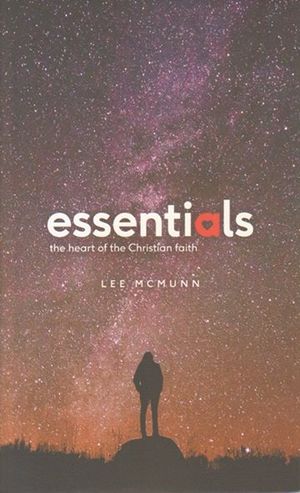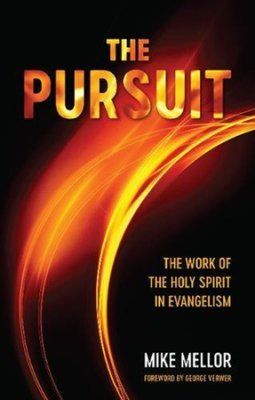This is a very short book, with just 35 pages of text, designed to explain the “Essentials” of Christianity to unbelievers. It’s based on verses from Luke’s gospel. It’s split into 5 parts, entitled Reveal, Reject, Rescue, Relationship, and Response; these cover the main bases of the gospel – who is God, what is sin, how are we saved from it, what does a relationship with God involve, and a call to follow him. It goes into the Trinity, doesn’t shy away from the reality of hell, and there is a clear statement about how Christ’s death is necessary to save us. It finishes with a short prayer the reader can
This is a short book, with just 35 pages of text, designed to explain the essentials of Christianity to unbelievers. It is based on verses from Luke’s Gospel and split into five parts: ‘Reveal’, ‘Reject’, ‘Rescue’, ‘Relationship’ and ‘Response’. These cover the main bases of the gospel: who is God; what is sin, and how are we saved from it; what does a relationship with God involve; and a call to follow him.
It goes into the Trinity, doesn’t shy away from the reality of hell, and there is a clear statement about how Christ’s death is necessary to save us. It finishes with a short prayer, which the reader can pray in response.
It’s written in a way that’s easy to understand and is packed with vivid illustrations. It engages effectively with modern scepticism, anticipating common objections and giving straightforward answers. It doesn’t assume that people already know why Jesus Christ matters to them. I would feel comfortable giving this book to non-Christian friends. They would be stimulated to consider their standing before God.
One area needs flagging up. Chapter one contains the following: ‘God is much more like a loving community’ (p.11); ‘The Bible teaches that … God … is a united family of three persons’ (pp. 12-13); ‘this eternal family’ (p.14); and ‘members of the Trinity’ (p.41).
This way of talking about God’s triune nature has become common among evangelicals recently, but is not the terminology about God’s being that Christians would have found acceptable in the past. It is hard to square ‘family’, ‘community’ and ‘membership’ with the one being of God, as described in Deuteronomy 6:4, and the one name into which we are baptised (Matthew 28:19).
I admire the desire to talk about God as triune in evangelism, but I think it needs to be done more carefully. Perhaps it’s something that can be tidied up in a future edition.
Altogether, I admire the way this book attempts to explain the gospel as simply as possible.
Simon Arscott
Ilford






















